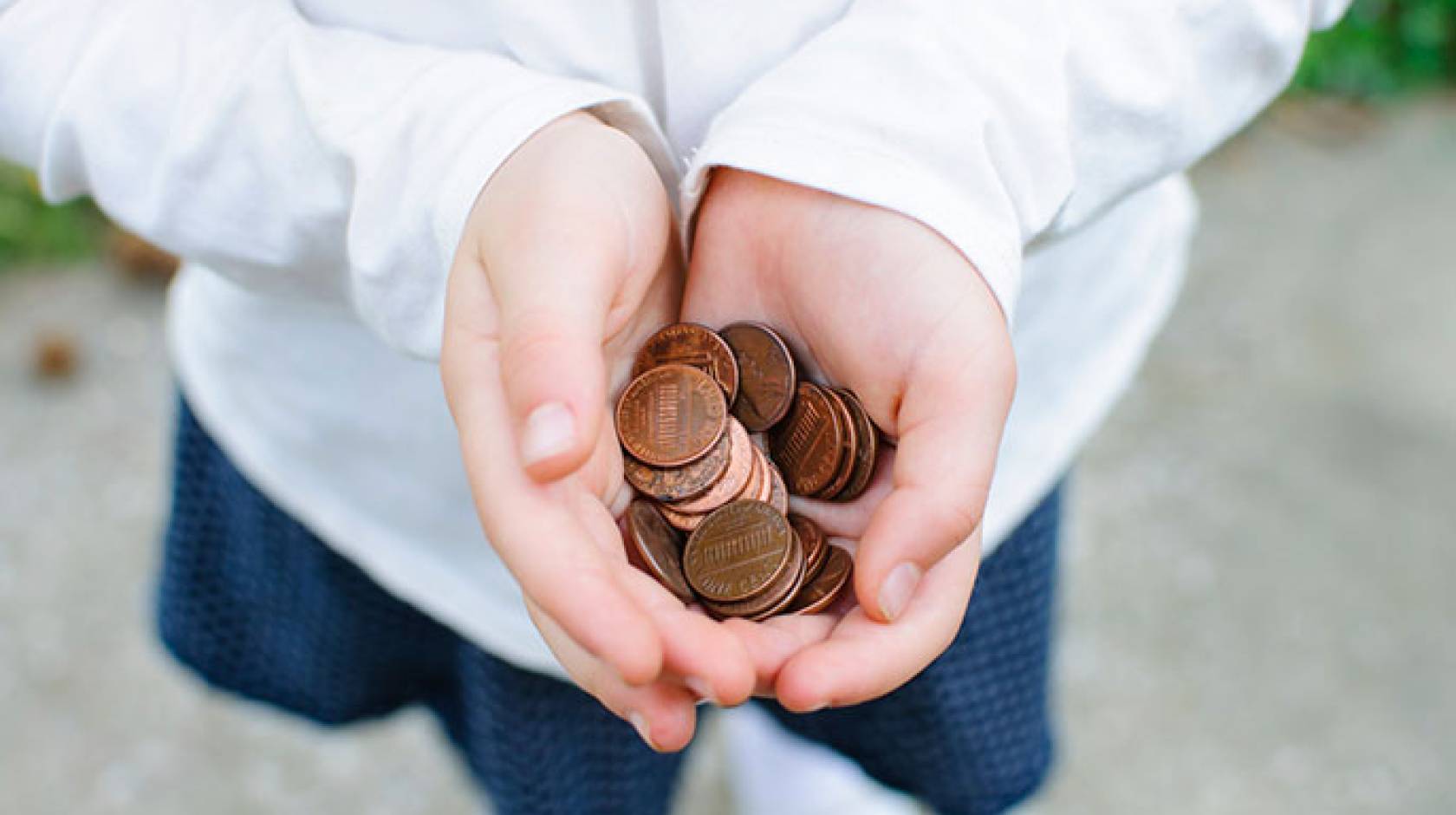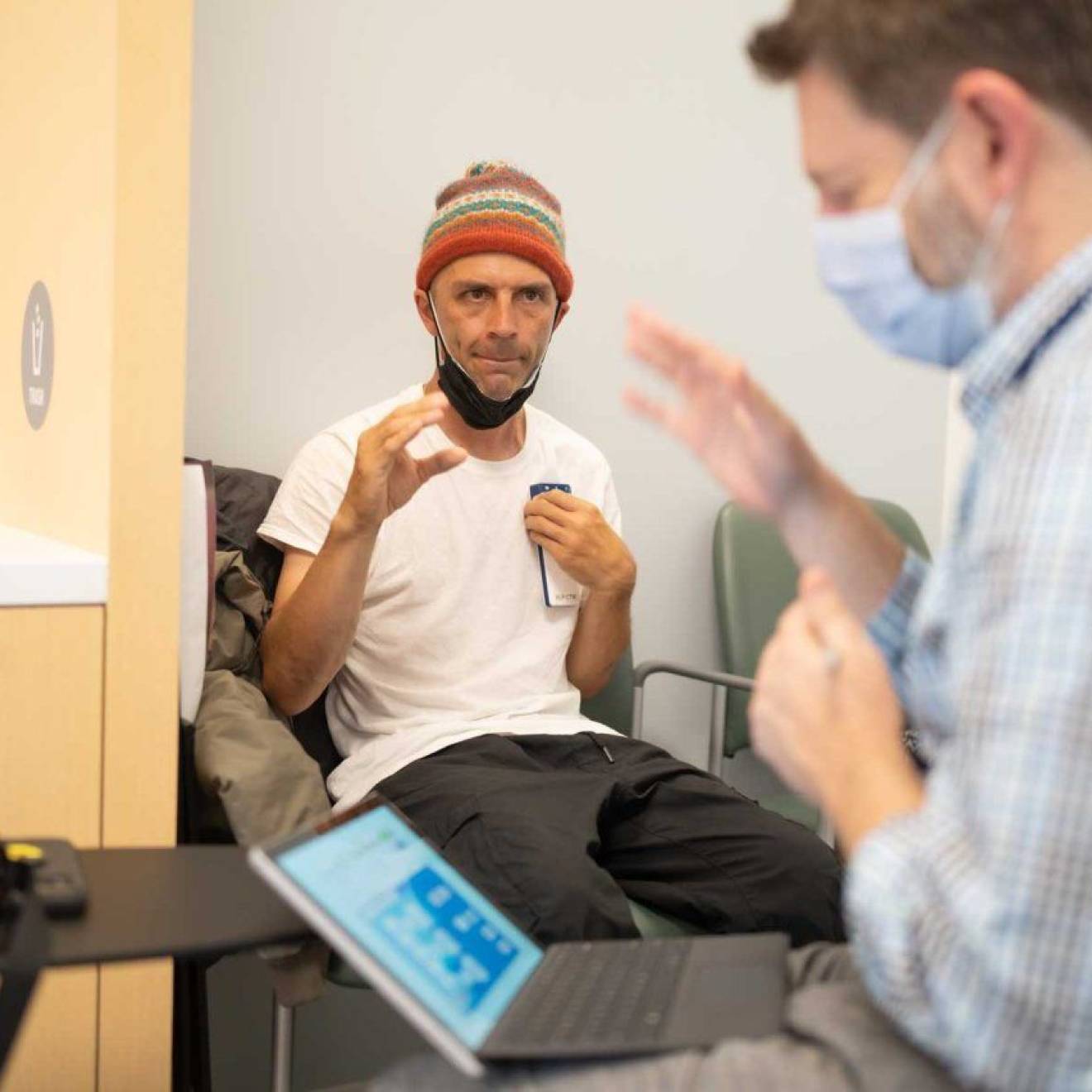Sarah Wheeler, Greater Good Science Center

Parents and educators are acutely aware that children can be both excessively self-oriented and overwhelmingly generous. For every preschooler refusing to share his toy truck, there’s an 8-year-old who insists on giving all of his allowance money to the homeless. Kids can also enjoy their altruism. One study found that even 2-year-olds were happier giving something away than receiving a gift.
But research also finds that this natural generosity can be stunted by environmental factors — and one of them, it seems, is wealth. Across a range of studies, college students and adults from affluent backgrounds have shown less social attention and generosity with money than their poorer counterparts. The repercussions of this dynamic go beyond an obvious rise in the disparity between rich and poor. Traits like empathy, generosity, and compassion also have a positive influence on individual health and happiness.
So when does a family’s socioeconomic status begin to influence a child’s prosocial behavior—and how might that affect health? To answer these questions, Jonas Miller and his UC Davis colleagues gave 74 preschool-age children a “donation” challenge. Over a series of tasks, the children earned tokens that they knew could be exchanged for prizes.

